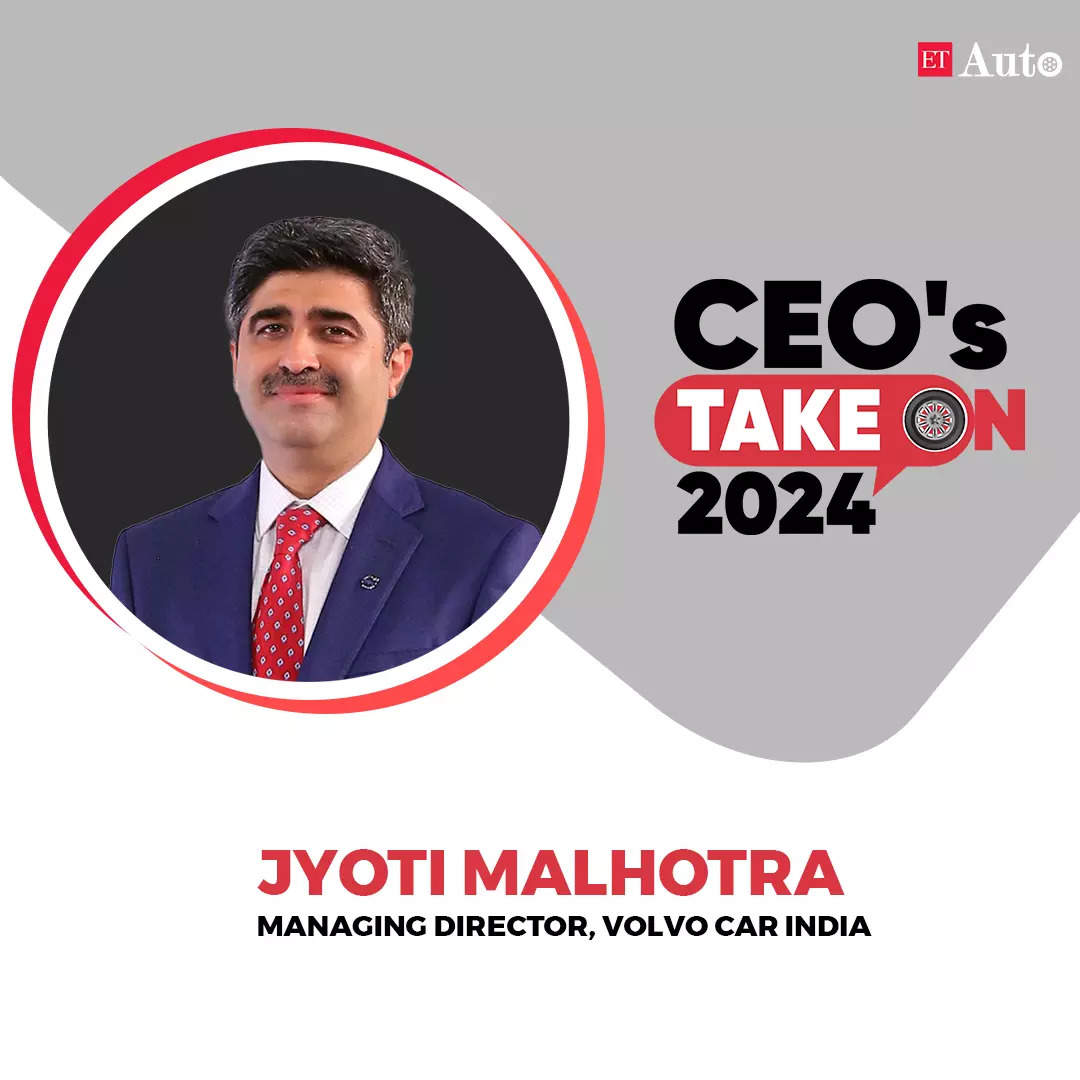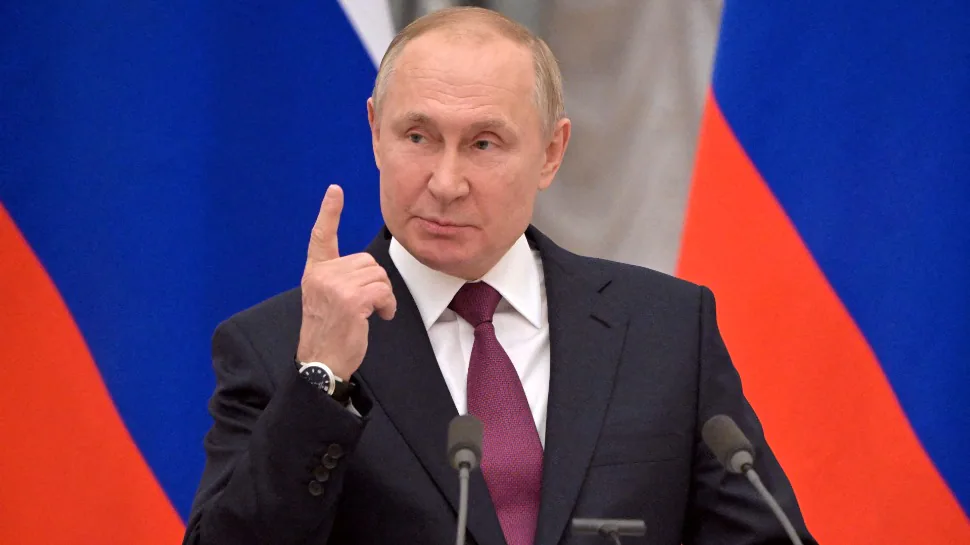
The excerpts:
Q: After two consecutive years of record high sales performance, what is your outlook for 2024?
There are two tail winds affecting the Indian auto-market in 2024. First and of critical importance is the much expected more than 6% rate of growth during the year leading to new entrants with high disposable incomes, an important catalyst for growth in the luxury EV segment. Second and no less important is the fast developing consumer market in India, both by high rate of GDP growth and wider spread of growth across the nation through digitisation. The growth of the evolved Indian consumer will continue in 2024. This segment is ever ready to adopt new technologies in mobility.
In order to cater to the emerging class of tech-savvy consumers, Volvo Car is launching EVs to suit their aspirations. Both our EVs C40 Recharge and XC40 Recharge have been well accepted and we are confident so will be the new variants to be launched.
Q: What are the key micro and macro factors that will play an important role in shaping up 2024?
Referring to the mobility sector, one factor that could determine the shape of 2024 is the resolution of conflicts in Europe and Asia. Earlier geo-political events had impacted global supply chains resulting in shortage of chips that disrupted the Indian auto sector. Continuation of growth-friendly policies will have a positive impact on 2024. I definitely see a good growth in the e-charging infrastructure and this will further spur the adoption of EVs
Q: What is your view on electric vehicles for 2024?
We feel India is at the breakout point in passenger EVs. The year 2024 will set the pace for future. The luxury EV segment is positively on a growth trajectory and we at Volvo shall stay focused on our commitment to introducing one new EV model every year. I see a rise in demand for previously owned luxury EVs from non-metro towns with the spread of EV ready infrastructure across the nation.
Q: What will be the key technologies that will shape the next decade of the mobility industry?
First and an unavoidable factor is that mobility is moving on towards less polluting and sustainable mode and EVs are taking the lead in this. While energy stored in batteries will keep us mobile, a lot of research will go towards improving the quantum of energy stored and faster means of restoring energy discharged. All present and future research activities will work on these two factors in particular. Technologies that harvest and recycle material for use in vehicles and in batteries will become an integral part of the automotive ecosystem in the future.
Q: Do you think the Indian auto industry has potential to become the global manufacturing hub and play an important role in the global value chain?
India is presently the third largest auto market in the world. It is also the most populous as well as one of the largest geographically. That such a market is an attractive enough destination for business of mobility needs no two opinions. With a huge unsatiated domestic demand, Indian market is certain to encourage growth of manufacturing capacities making India a lucrative enough market for global value chain.
Q: What are the key factors that work in favour of India and what limitations does it have as a country?
The size of the Indian market is certainly an attractive enough factor. Add the fast rate of economic growth that India is witnessing now – fastest among the world’s major economies – and the lure of the Indian market will never be questioned. However there are certain limitations which India needs to overcome. While EVs, across all categories and value offerings, have been well received, the support eco-system has been rather slow to match the growth.
Q: What is your vision for 2030 for the automotive industry?
India is expected to be the third largest global economy by 2030 – next only to the USA and China. India’s automotive sector will lead with its innovative products and emerge among the leaders in the sector. With the fast spread of mobility-related infrastructure, as seen of late, by 2030 India is scheduled to be a hot destination for investment in the automotive sector as well as an important hub for consumption. By 2030 India will finally reach what economist Rostow called “take off stage” – the third stage when the country will conclusively transition from a traditional society to a modern industrialised economy.

















